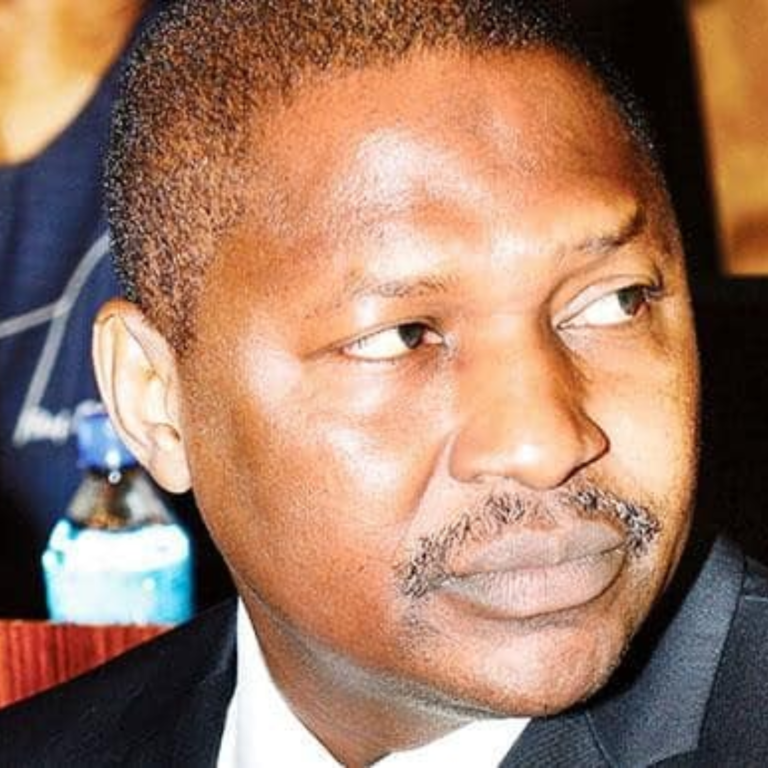You may have encountered the cliche “Politics is a dirty game.” This expression often describes politics as a free-for-all fight where everything is considered fair game in the quest for power. Nigerian politics, for example, is notorious for various shady practices. During campaigning and election season, politicians and their aides take to the streets to canvass votes using different tactics. Based on this, it’s easy to conclude that politics is a dirty game.
Let’s look at three tactics promoting the idea that Nigerian politics is a dirty game.
Vote buying
Vote buying is one prominent example. It often involves an exchange in which voters sell their votes to the highest bidder. In Nigeria, you may observe this practice in internal democracies, that is, within parties when delegates get to vote on who their party flag-bearer should be. It’s also a feature in general elections.
In a paper by the Governance and Social Development Resource Centre (GSDRC), it notes: “In accepting or rejecting offers, or in changing or not changing their electoral behaviour, recipients may be acting, among other things, out of fear, duty, indignity, gratitude, righteousness, or calculated self-interest.”
However, vote buying isn’t necessarily always economical. It could also be a combination of economic and social rituals. In places where the practice has become deep-rooted, politicians come to expect it as a “duty.” For some Nigerian voters, it is their way of laying claim to the “national cake.”
Addressing vote buying means understanding the various institutional and socio-economic contexts that influence it, such as tradition and poverty. We should also account for the sentimental meanings people attach to these gestures before we can eradicate them.
Dog-whistling
The term is named after the dog whistle, which is audible to dogs but not humans. In politics, dog-whistling describes a communication strategy politicians use to send out a coded message. On the surface, it may appear harmless, but to the subgroup of people the message is targeted at, it carries a serious tone that may be harmful.
In America, Donald Trump’s campaign mantra “Make America Great Again” (MAGA) has been described as dog-whistling that appeals to people of white background. In Nigeria, leading up to the election, the phrase “Yoruba Ronu” (Yorubas, Think!) was widely interpreted as dog-whistling.
The term was the title of a famous play by Hebert Ogunde, which attacked the then-premier of the Western Region, Ladoke Akintola.
[Hebert Ogunde / The Guardian]
The phrase, however, took on a sinister meaning during the 2023 elections when APC Youth Leader, Dayo Israel, posted it after the 2023 presidential election. It would become a rallying cry in the subsequent gubernatorial election in Lagos that witnessed targeted harassment and violence against residents suspected to be Igbo.
Dog-whistling plays on fears, biases, or preconceptions of people without explicitly stating them. And as the Lagos election showed, it can lead to violence. As such, this tactic should be discouraged.
Download the Citizen Election Report: Navigating Nigeria’s Political Journey
Bigotry
A bigot is one who is intolerant of beliefs, lifestyles or identities that differ from theirs. Anyone who engages in this is practising bigotry. Unfortunately, bigotry is a mainstay in Nigerian politics and takes different forms. The most prominent of which is tribalism.
Ordinarily, the term tribalism has positive connotations. The Cambridge Dictionary defines it as “the state of existing as a tribe, or a very strong feeling of loyalty to your tribe.” However, the sense in which tribalism can be described as bigotry is best captured by Walter Schwarz in his 1966 article, “Tribalism and Politics in Nigeria.”
Schwarz was a former Nigeria correspondent for The Observer and The Economist before the military regime expelled him. Below is how he describes tribalism in Nigeria:
Tribal and ethnic bigotry is commonplace in Nigerian politics, particularly in the heat of elections. The idea that one ethnic group is superior to another, pushing stereotypes and placing ethnicity above merit, are problems that have persisted for decades.
Bigotry manifests itself in hate speech, harassment, marginalisation and the violation of human rights. It breeds distrust and makes governance difficult. So when people say politics is a dirty game, they’re likely referencing the abovementioned tactics.
Can Nigerian politics be clean?
Absolutely yes. In an earlier piece, we explained that politics shouldn’t be a do-or-die thing. We also noted that politicians should prioritise the national interest over party and selfish interests. It is possible to win elections without using any of these tactics. Yes, a difference in opinion or ideology is unavoidable, but we can disagree to agree so long we stay on the right side of the law. We should promote tolerance over bigotry, unity over dog-whistling, and a good track record over vote buying.
Ultimately, the journey to making Nigerian politics clean again can only happen with deep retrospection and a commitment by all political actors towards ensuring that dirty politics no longer has a foothold in Nigeria.




